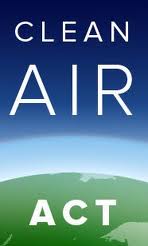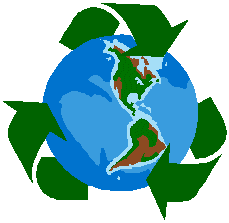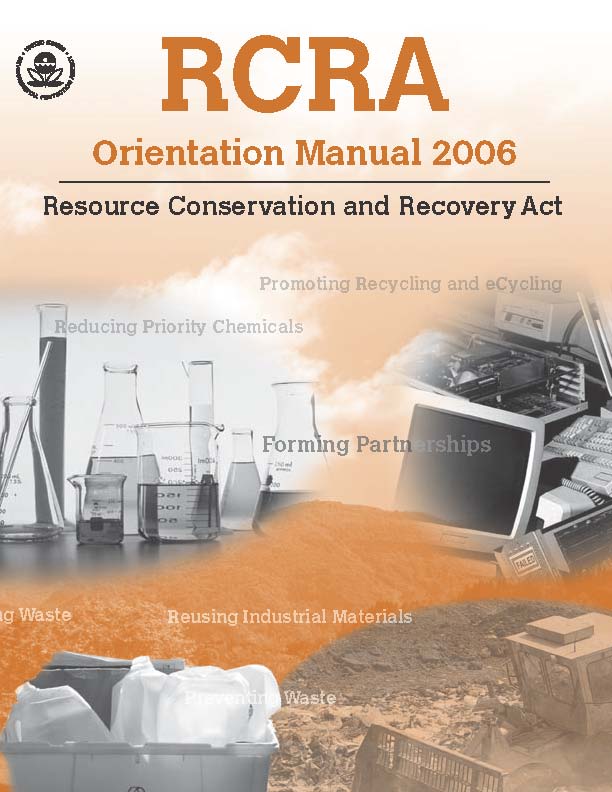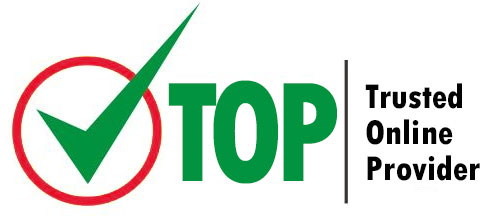Environmental Specialist
Training And Certification
This Environmental Specialist course is approved for 24 hours and at a great price.
All module quizzes require a score of 70 to proceed forward in the course. The final exam also requires a minimum score of 70 to receive a certificate of completion. The final exam may be taken three times if necessary.
Upon successful completion of course you will be able to print your certificate.
Online SchoolRoom and our partners have collaborated to bring you the finest environmental management online courses available in today's market. This environmental training course contentrates on environmental certification. As a trusted eLearning provider, we are dedicated to the support of our students. We also have corporate accounts available.
Environmental Specialist, Environmental Specialist Certification, EPA certifications
Make environmental compliance your first priority! We are a Trusted and Proven provider of environmental compliance training and we are offering the Certified Environmental Specialist Course at a discount. Enroll Today!
We Welcome Corporate Accounts.
. All courses are continually updated and tailored to meet the ever changing environmental laws and regulations (federal and state level)
We are a market leading provider of compliance and workforce e-Learning solutions. We, along with over 1500 e-learning partners, have trained more than 3 million users worldwide.
Marie Athey is the subject matter expert. Marie's background in EHS spans 15 years and multiple industries.
Work Environment
Environmental compliance specialists work in government environmental regulatory and public health agencies, industry, utilities, environmental engineering consulting firms, and universities
NEWLY UPDATED APRIL 2019!
NOTE: This is training that is essential for fulfilling EPA regulations for professionals who have to adhere to EPA regulations. Successful completion of this course will enable you to implement updated environmental compliance programs at your facility.This also includes individuals who are working in projects that can put lives at risk with unsafe work practices.
This course covers over 24 hours of EPA regualtion including the Clean Air Act (CAA), Clean Water Act (CWA), SPCC, RCBA, EPCRA, TSCA, CERCLA and environmental compliance planning and expectations. Upon completion of this course students will recive a certificate certifying them as a Certified Environmental Specialist. Marie Athey is the subject matter expert. Marie's background in EHS spans 15 years and multiple industries.
At the conclusion of this course, you will be able to:
- Discuss updated major environmental laws and regulations
- Discuss the purpose and requirements of the Clean Air Act
- Describe the background and requirements of the RCRA
- Properly identify different types of hazardous waste according to RCRA regulations
- Implement hazardous waste management systems to achieve and maintain compliance
- Apply different features of the Clean Water Act in day-to-day operation
- Explain regulatory and management issues relating to Storm Water Discharges
- Identify the requirements of your SPCC plan
Environmental specialists and scientists work in offices and laboratories. Some may spend time in the field gathering data and monitoring environmental conditions firsthand. Most environmental scientists and specialists work full time. They may clean up polluted areas, advise policy makers, or work with industry to reduce waste.
.
Job Outlook
Employment of environmental scientists and specialists is projected to grow 15 percent from 2012 to 2022, faster than the average for all occupations. Heightened public interest in the hazards facing the environment, as well as the increasing demands placed on the environment by population growth, is expected to spur demand for environmental scientists and specialists.
General Information about an Environmental Specialist career:
In environmental management systems, environmental compliance specialists protect and preserve the well-being of the environment and human health. The broad field of contemporary environmental problems faced by the nation include drinking and surface water quality, solid and hazardous waste storage and disposal, indoor and outdoor air quality, radiological health, occupational health, systems ecology (interrelationship of organisms and their environments), and housing hygiene. Get environmental education training today!
Environmental compliance specialists at the technician level collect and analyze hazardous samples, record information, prepare reports, maintain monitoring equipment, inspect facilities such as restaurants and swimming pools for cleanliness and safety, and provide supportive services to environmental engineers and scientific professionals. Environmental compliance specialists at the professional level act as consultants, investigators, and evaluators for environmental health and safety issues. They base decisions on concrete evidence gathered under strict standard
Areas of Specialization
Environmental specialists may specialize in
- air and industrial hygiene,
- radiological health, environmental chemistry and biology,
- environmental management,
- environmental technicians, environmental marketing, environmental health, environmental landscaping, wastewater, surface and drinking water resources, food protection, or similar fields.
Certified Environmental Specialist 24.0 Hrs
Special Package and Discount
Environmental Specialist Certification
PLUS 40 Hour Hazwoper
reg $299
reg $295
total $594
$299.00 Now $255.00
$500.00 Now $450.00
X
X







